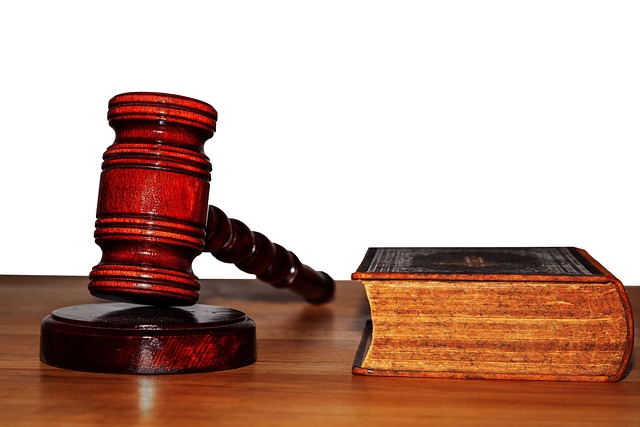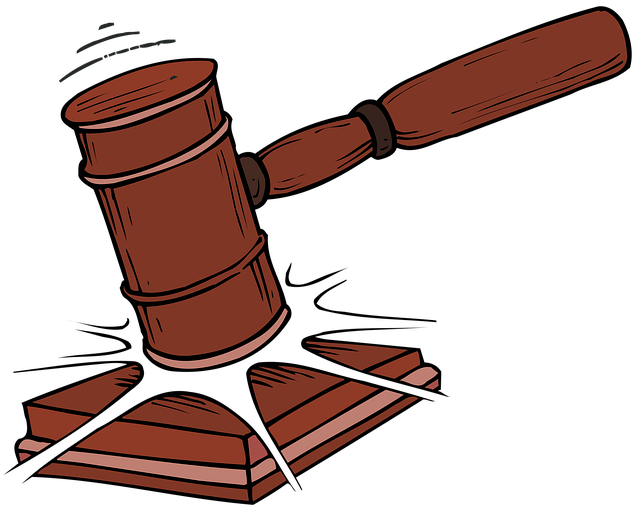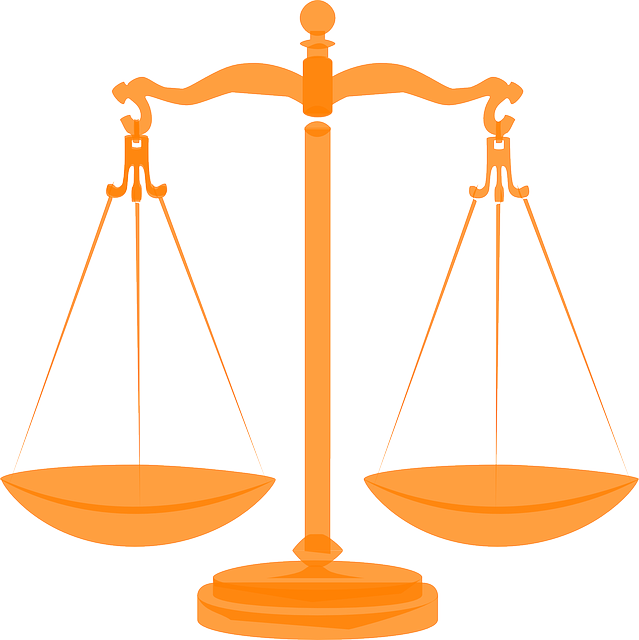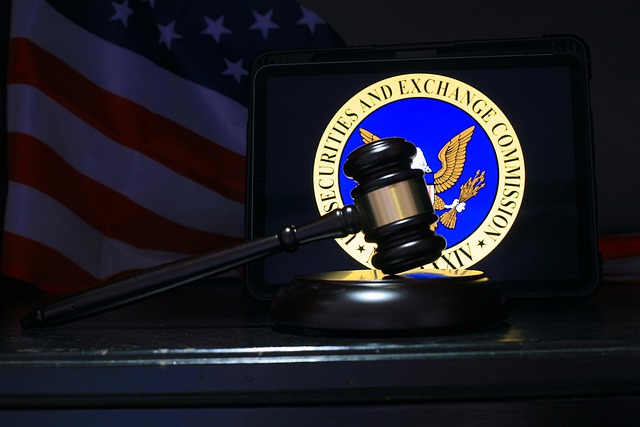Regulatory Fraud Laws protect consumers, businesses, and public interest by preventing deceptive practices like misrepresentations and hidden information. The Legal Consequences of Trademark Infringement are severe, including financial penalties and potential charge dismissal for guilty businesses. Unauthorized trademark use can confuse consumers, damage brand identity, and lead to significant financial losses for owners, with courts applying strict remedies such as injunctions and monetary awards. Effectively navigating these consequences requires understanding trademark law, crucial for both brand owners and accused parties. Businesses can avoid severe legal repercussions like hefty fines and reputational damage through robust strategies including internal controls, staff training, auditing mechanisms, background checks, and meticulous record-keeping.
Regulatory fraud laws are integral to maintaining integrity in business operations, protecting consumers, and ensuring fair competition. This article delves into the complex world of these laws, focusing on understanding key definitions and their scope. We explore the legal consequences of trademark infringement, a significant aspect often targeted by fraudsters. Furthermore, practical strategies to prevent and mitigate risks are presented, emphasizing proactive measures for businesses to safeguard against regulatory fraud, with a special emphasis on the critical issue of trademark protection.
- Understanding Regulatory Fraud Laws: Key Definitions and Scope
- Legal Consequences of Trademark Infringement: A Deep Dive
- Strategies to Prevent and Mitigate Risks of Regulatory Fraud
Understanding Regulatory Fraud Laws: Key Definitions and Scope
Regulatory Fraud Laws are designed to combat deceptive practices that harm consumers, businesses, and public interest. Understanding these laws begins with key definitions. Fraud refers to intentional deception aimed at gaining an unfair advantage, often financially. In the context of regulations, this can involve misrepresenting facts, hiding material information, or making false claims about products or services. The scope includes various sectors, from healthcare and finance to environmental protection and food safety.
The Legal Consequences of Trademark Infringement fall under this broader category. When businesses use trademarks without authorization, they risk not only financial penalties but also the complete dismissal of all charges if found guilty. These laws are particularly crucial in addressing white-collar and economic crimes, which often involve complex financial schemes and can lead to lengthy jury trials.
Legal Consequences of Trademark Infringement: A Deep Dive
The legal consequences of trademark infringement can be severe, with penalties designed to protect the intellectual property rights of businesses and individuals. When a party uses a protected trademark without authorization or in a way that confuses consumers, it not only infringes upon the brand’s identity but also undermines the entire legal framework surrounding trademarks. These infractions can lead to substantial financial damages, including lost sales and revenue for the trademark owner.
Courts often impose strict remedies to deter future violations, such as injunctions to stop the infringing activity, seizure of infringing goods, and awards of monetary damages or profits gained from the infringement. An unprecedented track record of winning challenging defense verdicts underscores the strength of legal protections in place. Navigating all stages of the investigative and enforcement process, from initial notice to trial, requires a deep understanding of trademark law, which is crucial for both brand owners and accused parties to protect their rights and interests effectively.
Strategies to Prevent and Mitigate Risks of Regulatory Fraud
Preventing and mitigating risks associated with regulatory fraud is paramount for businesses to avoid severe legal consequences, including hefty fines and damage to their reputation. A robust strategy involves adhering to stringent internal controls and procedures designed to safeguard against potential infractions. This includes regular staff training on compliance guidelines, implementing robust auditing mechanisms, and fostering a culture of ethical conduct within the organization.
By integrating these measures into all stages of the investigative and enforcement process, businesses can effectively deter fraudulent activities. Engaging in proactive white-collar defense strategies such as thorough background checks on employees and third-party partners, along with meticulous record-keeping practices, further strengthens defenses against legal repercussions like those stemming from trademark infringement.
Regulatory fraud laws are essential tools in safeguarding intellectual property rights, especially in the context of the Legal Consequences of Trademark Infringement. By understanding key definitions and the scope of these laws, businesses can implement effective strategies to prevent and mitigate risks. Through proactive measures and a deep dive into potential legal consequences, organizations can ensure compliance, protect their brand identity, and navigate the complex landscape of regulatory fraud, ultimately fostering a robust and fair business environment.






